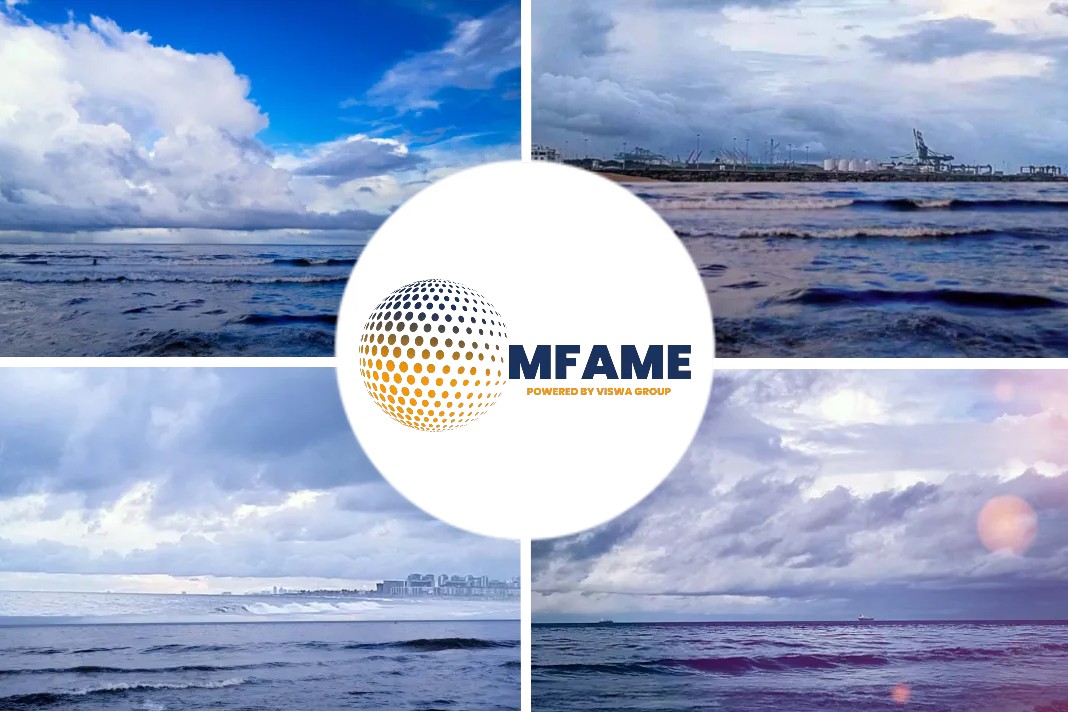
On Tybee Island’s northern beaches, where the surf is frequently calm and shells are common, it is typically a tranquil beach scene, as reported by Ajc.
Mini tsunami
A tall cargo ship passes by about a dozen times every day as it travels to or from one of the biggest ports in the country, Savannah.
The threat then occasionally appears. The mayor of Tybee Island calls it a “mini tsunami.”
First, most people wouldn’t detect a tiny ripple on the water’s surface. The ocean water then retreats further than usual. Then, with astonishing speed, a wave sweeps the beach, racing dozens of yards ashore, not too high, but occasionally toppling astonished beachgoers and sweeping away beach chairs and cell phones.
The deluge has driven some individuals into the neighbouring shipping canal, where they had to be rescued by lifeguards on boats, according to Tybee’s municipal manager. Shawn Gillen remarked, “We have faced some really terrifying circumstances.”
The surprise waves are perplexing in their unpredictableness as Georgia’s largest port welcomes more and larger ships.
No simple answer
According to a recently published study by the U.S. Army Corps of Engineers, which was carried out at the request of city officials, waves left behind by cargo ships can be dangerous on some of Tybee’s beaches.
It is yet unclear which ships will cause trouble. The size of the ships and their speed appear to be important variables. The Corps, which analysed more than 1,500 cargo ships and tankers over a four-month period, found that even very large, fast-moving ships aren’t always sure to produce a disturbance.
The port, a significant economic driver for the state, as well as visitors to one of Georgia’s most popular beaches, may be impacted by potential improvements.
“There is no simple answer in this situation,” Gillen remarked.
Life-threatening situation
According to Tybee officials, no fatalities in the area have been attributed to ship waves.
Yet, according to Shirley Sessions, mayor of Tybee, which has approximately 3,000 full-time residents but may host up to 50,000 visitors during the summer, “it’s a potentially life-threatening situation.”
The port authority was applauded by Gillen and Sessions for treating the issues seriously.
The surprise waves only seriously disrupt a small portion of the island’s more than three kilometres of beaches, particularly in a location north of the famed lighthouse.
Tybee has been posting signs on the northern end of the beach alerting beachgoers about the potential risks from ship waves for a number of years. City authorities are concerned that beachgoers may still miss or disregard such signs despite their plans to make them larger in the upcoming months.
Tybee is located 12 miles to the east of Savannah near the mouth of the Savannah River. Less than a mile from the island, cargo ships, some of which are only a quarter of a mile long, navigate the shipping channel. The corps discovered that cargo ships could reach speeds of 21 mph.
One of the possibilities identified by the corps research was slowing down ships, although doing so would involve coordination between the Georgia Ports Authority, the U.S. Coast Guard, and other organisations.
Potential solutions
The study mentioned further potential solutions that required more research, such as erecting a breakwater and renovating a jetty, both of which had previously been estimated to cost between $53 million and $90 million. Additionally, it stated that if sensors detected a possible issue, a warning system might notify beachgoers.
A U.S. Coast Guard representative stated in an email that the agency is reviewing the report conducted by the corps.
More information is required before assessing which of the corps’ proposals could be most advantageous, according to a representative for the Georgia Ports Authority.
Griff Lynch, the executive director of the ports, opposed a different federal proposal to limit the speed of more ships at specific times and in specific locations in order to prevent hitting endangered North Atlantic right whales in September. Such modifications, Lynch cautioned, “would further disrupt an already stressed supply chain.”
Did you subscribe to our newsletter?
It’s free! Click here to subscribe!
Source: Ajc






















